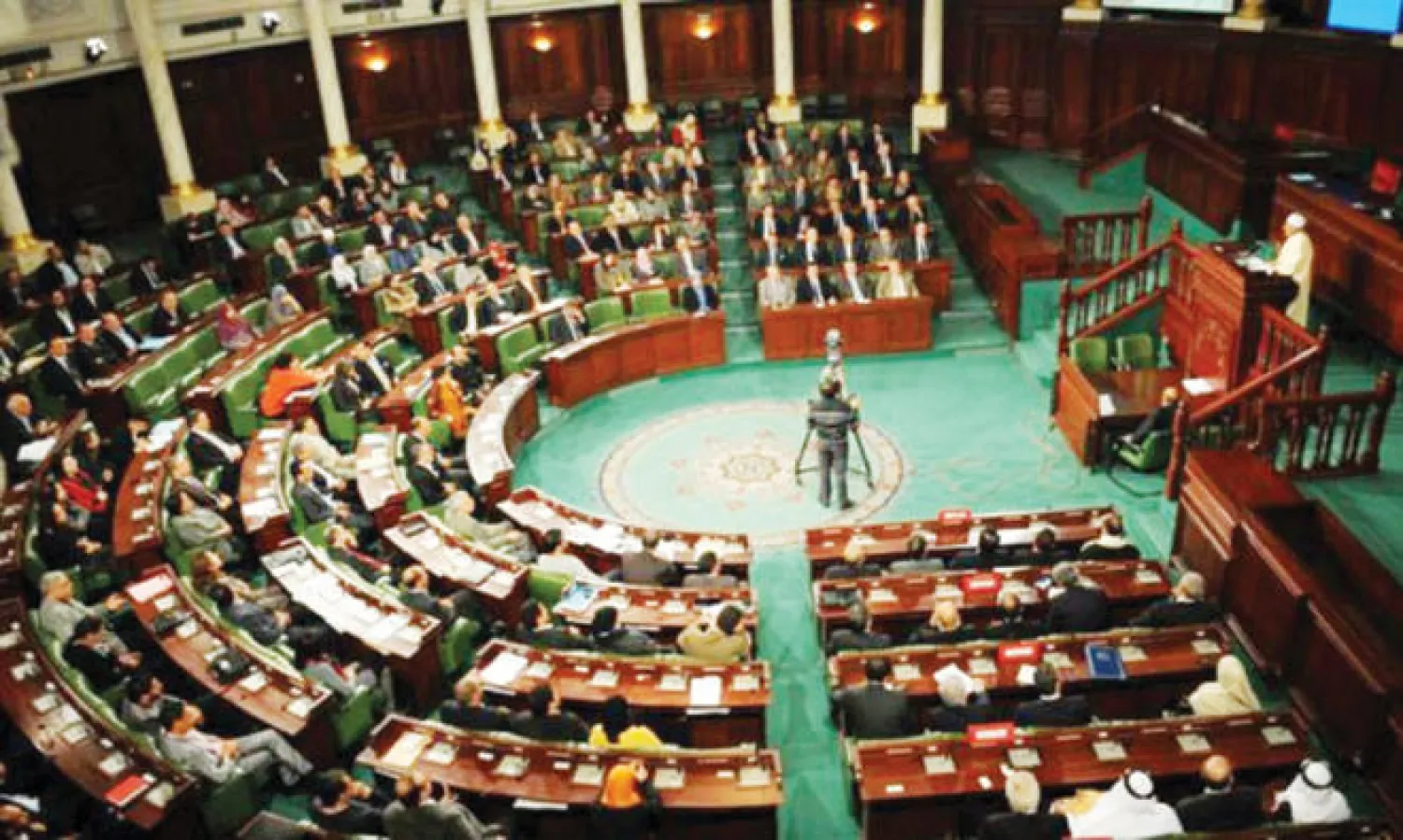Libya’s House of Representatives set on Wednesday four conditions for agreeing to cooperate with the High Council of the State on the pre-amendment of the executive authority and the formation of a new presidential council, with a president and two deputies, instead of the current presidential council of the Government of National Accord (GNA) headed by Fayez al-Sarraj.
The House of Representatives’ Spokesman, Abdullah Bliheeg, indicated that the parliament approved the request of the High Council on the proposal to amend the new structure of the executive branch.
He explained that, after the vote, the parliament conditioned its approval with the cancellation of Article 8 of the additional provisions of the 2015 political agreement considering that Egypt would soon host a dialogue to unite the military.
The spokesman indicated that among the conditions: a timetable for the formation of the executive branch within a maximum period of 30 days, the inclusion of the political agreement in the constitutional declaration, and granting members of the new presidential council a week to choose their president.
Meanwhile, Prime Minister Sarraj received a phone call from Italy’s Prime Minister, Giuseppe Conte, on Tuesday evening, in which they discussed the upcoming Palermo conference on Libya and bilateral relations between the two countries, according to GNA’s Media Office.
In a statement published on Wednesday, the Media Office revealed that Sarraj confirmed to Conte his attendance at the conference after receiving an official invitation.
Italy is hosting a conference on Libya in the Sicilian capital Palermo on November 12th and 13th.
Prior to the phone call, Sarraj sent his political adviser Taher el-Sonni to Paris and Rome to discuss the preparations for a conference in Palermo.
During a meeting in Rome with the Italian officials, Sonni stressed the importance of coordination and consultation with the concerned Libyan parties in order to come out with practical and tangible results to find solutions to the current political, security, and economic crises.
Italian officials stressed that the conference wants to listen to Libyans on how to address challenges facing their country, support the roadmap of Special Representative of the Secretary-General (SRSG) Ghassan Salame, and create a consensus to ensure the success of the democratic process and the stability of the country.
In Paris, Sonni discussed with advisers of French President Emmanuel Macron the latest political and security developments, ways of cooperation and coordination between the two countries, and supporting UN mission (UNSMIL).
Meanwhile, Sarraj began a surprise visit to the coastal city of Sirte, ignoring rumors about his intentions to reshuffle the cabinet, after last week’s change which included three ministerial portfolios in the UN-backed government.
Sarraj plans to replace the current Minister of Transport, Milad Maatouq, with Siraj El-Fitouri of the African Airlines in the Eastern Province, El-Wasat website quoted a government source as saying.
Earlier, Salame and his deputy Stephanie Williams met with the Prime Minister in Tripoli to discuss recent political developments and forthcoming actions on the economic reform program.









